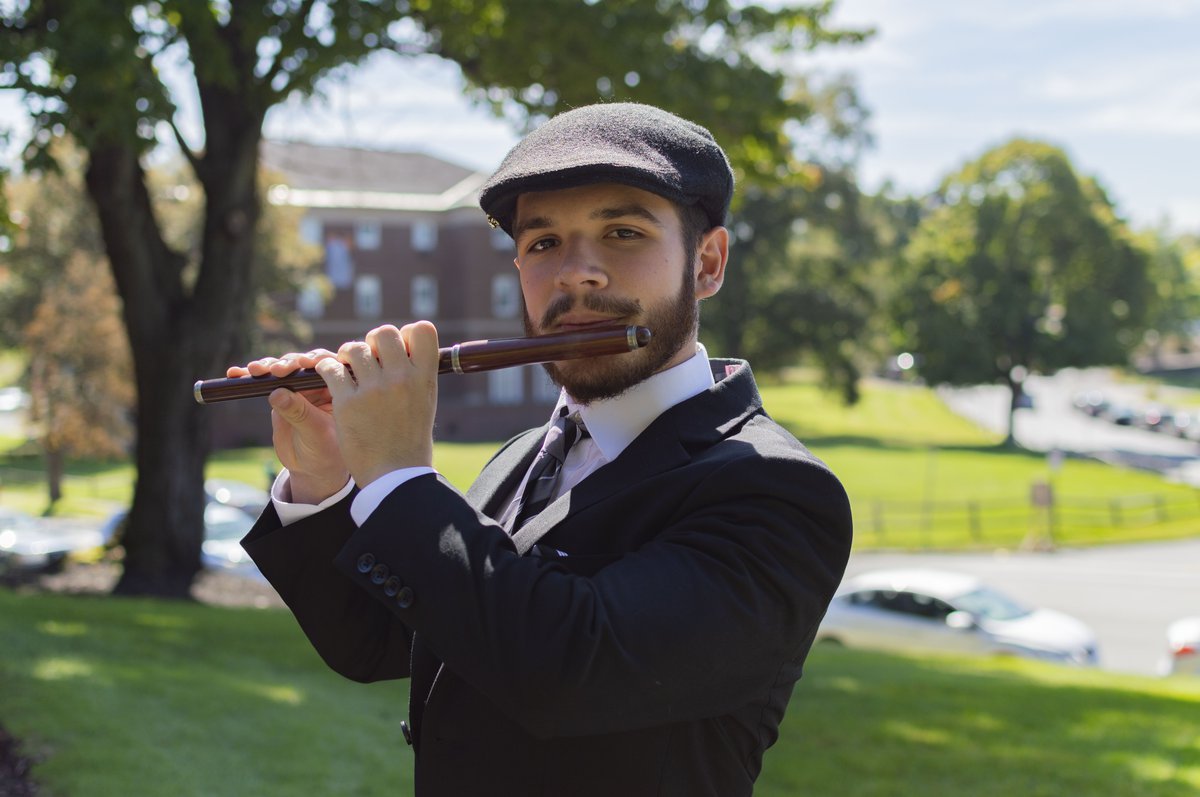Using consumer behavior to leverage marketing
Rich in marketing experience, Associate Professor Jeffrey F. Durgee is on the hunt to better understand consumer behavior. Durgee’s research is centered around the relationship between people and products—specifically, the relationship between a consumer and a brand, or a collector and a collection. With such insight, he can present a sociological perspective to marketing.
Durgee’s previous research has contributed significantly to the world of marketing. Two examples include the verb-object method and product drama. Alongside a group of fellow researchers at Rensselaer, Durgee developed the verb-object method, later cited by the Wall Street Journal, which touched on the idea of word association to identify consumer interests. They conducted a study where hundreds of verb-object associations like “flash-freeze food” were quickly suggested to mothers on a computer. The participants were asked to highlight some of the phrases that made a lasting impression, and these ideas were then further explored. On the other hand, the concept of product drama is used as a marketing tactic. For instance, Vick’s Dayquil bottle accompanied by a small cup has drama attached to it because of its resemblance to a shot glass. Durgee says, “The experience of that product is intense.”
Often, Durgee finds himself asking questions like, “Why do people keep things for a long time?” and “Why are they so attached?” Inspired by global sustainability efforts, Durgee explored the idea of refurbished objects, and wondered if people are willing to do it. Specifically, he’s asked, “What would a business model look like where items are kept and refurbished, and how is the marketing different for these types of models?” To answer such a question, Durgee targeted the source directly. He found that although people are willing to refurbish items, the items they are not willing to refurbish are not the best for the environment. For instance, people are more reluctant to refurbish a car than a watch. Additionally, he found that skilled individuals who refurbish specialty items are the limiting factor. Ultimately, although refurbishing a valuable item is meaningful, the time, effort, and cost is too high.
Currently, Durgee is interested in “great art.” Referring to products like Coco Chanel’s little black dress or the Mini car, “great art” is unique—different from the norm—yet remains important over a long period of time. Durgee is working to understand if people are willing to purchase items with the intention of keeping them purely for aesthetics. For instance, people tend to purchase fine art with the intention of keeping it for a long time. Would people do the same for a car? If so, “What makes a design classic?”
Durgee’s curiosity and passion for consumer behavior drive his inspired research. With such an inquisitive mind, there is no guessing what Durgee will explore next.

 Interview
Interview